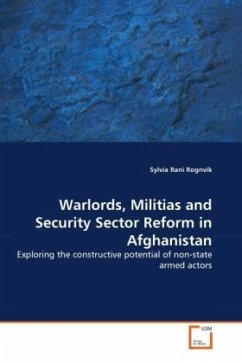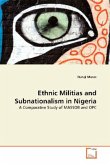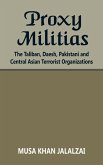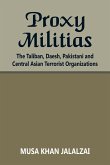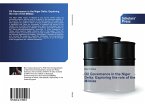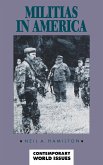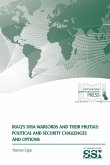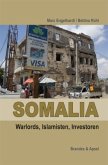Post-conflict environments often face the challenge of how to deal with non-state armed actors (NSAAs). The role of NSAAs is nonetheless an understudied subject, and is as a consequence not properly understood. By far the most common perception is that they are spoilers of state building processes. This book contradicts this notion in asking whether non-state armed actors might in fact play a significant and constructive role in the inevitable and persistent insecurity of the post-conflict state. By analyzing and drawing on lessons learned from three differing strategies implemented in Afghanistan, each affiliated with a particular strand of international relations theory, this book aims to explore the potential of non-state armed actors in the provision of security. By utilizing the potential in NSAAs as agents of peace and stability, the security system created may become more efficient and tailored to the local context, while also allowing the government to map and address local grievances.

